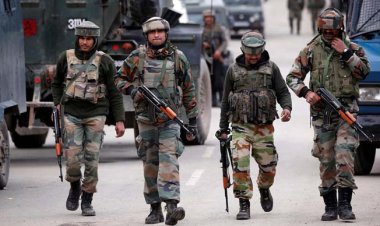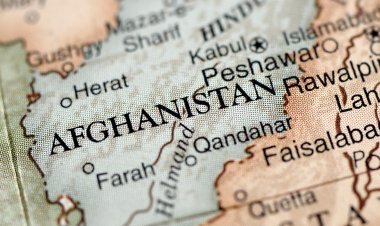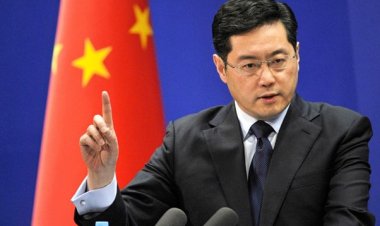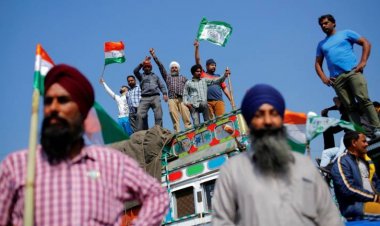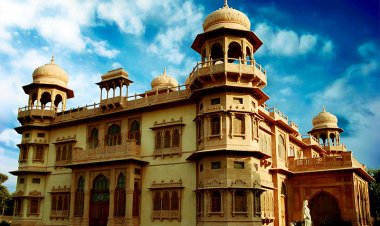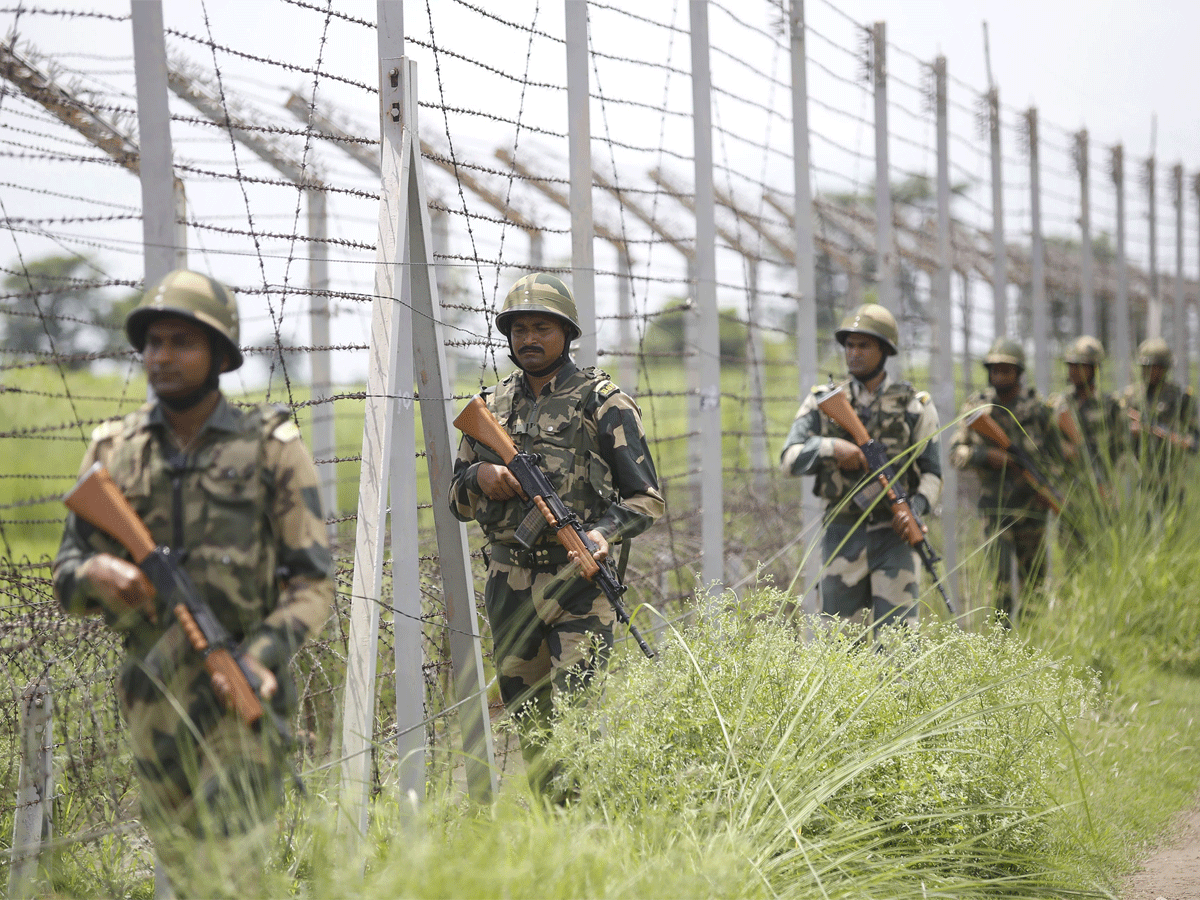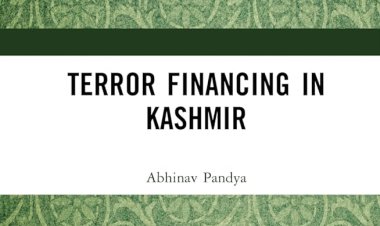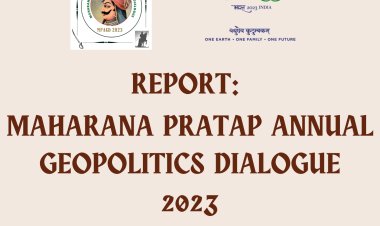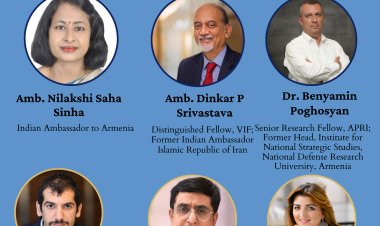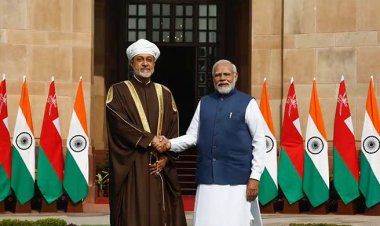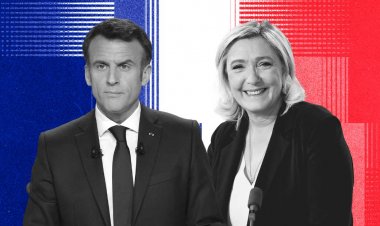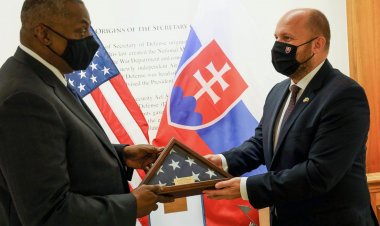Investigating the Structural Factors Driving Pakistan's TLP (Tehreek e Labbaik) Protests
In the past two weeks, Pakistan was in a situation of anarchy and lawlessness amidst the global COVID pandemic. Violent clashes took place between security forces and the 'Ashiqaan-e-Rasool' or supporters of Tehreek e Labbaik. The protests lead to numerous injuries, deaths, massive loss of state and private property and even abduction of police personnel. The cause behind the protests was the preventive detention of the outfit's young chief, Saad Rizvi—who threatened the government with protests if it did not expel France's ambassador over depictions of Prophet Muhammad.
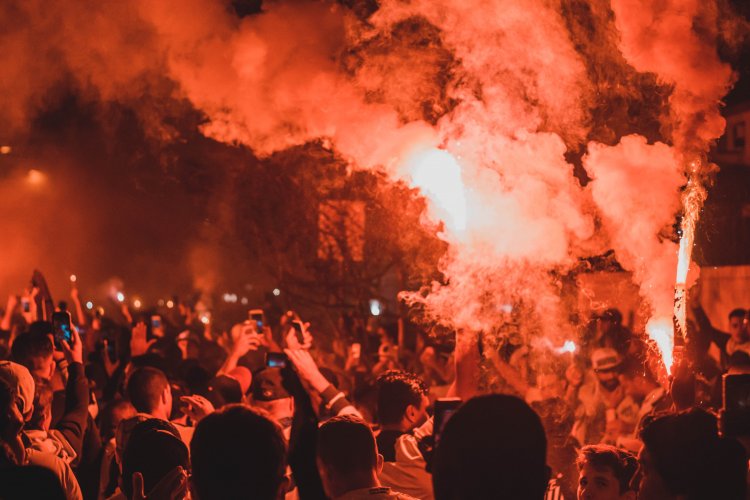
Analysis
By Samiksha Roy
In the past two weeks, Pakistan was in a situation of anarchy and lawlessness amidst the global COVID pandemic. Violent clashes took place between security forces and the 'Ashiqaan-e-Rasool' (the lovers of Prophet Mohammad) or supporters of TLP ( Tehreek e Labbaik), an Islamist political outfit with an overwhelming support base among the underclass of Pakistan. According to the official figures, the protests lead to numerous injuries (over hundred), 4 deaths (including two cops), massive loss of state and private property and even abduction of police personnel. The cause behind the protests was the preventive detention of the outfit's young chief, Saad Rizvi—who threatened the government with protests if it did not expel France's ambassador over depictions of Prophet Muhammad.
TLP's origins and rise
TLP is a far-right Islamist Barelvi political outfit that believes in the idea of 'Khatm-e-Nabuwwat' (finality of prophethood), 'Namoos-e-Risalat' (honour of the Prophet of Islam) and its complete opposite, 'Tauheen-e-Risalat' (Blaspheming the Prophet of Islam). There is no dearth of outfits having such extreme and rigid views, owing to the state-led Islamization project of the Pakistani society furthered by Zia-ul-Haq's regime and the support from the ruling class due to the political mileage they derive from such association. However, what makes TLP different from others is its rapid political rise. On the national level, it is the fourth largest political party as per the 2018 National elections in Pakistan and the third-largest party in the politically important state of Punjab. By far, it is the most important religious party in Pakistan, something which even terrorist Hafiz Saeed’s political party, Allah-u-Akbar Tehreek (AAT) failed to achieve. The TLP's protest also signifies the rise of Barelvi extremism in Pakistan, which for the majority of time was dominated by the Deobandis and Wahabis
The majority of the party's support base comes from the Pothohar Plateau in North Punjab. The party's rise is directly proportional to the popularity of its founder, Khadim Rizvi who died under mysterious circumstances after waging protest against France last year. He was a firebrand leader who often communicated in Punjabi, and had a lot of hold over the poor and lower-middle-class people of Pakistan. Khadim Rizvi rose to prominence after the assassination of Mr. Salman Tassear, former governor of Punjab by his bodyguard Mumtaz Qadri because he was a vocal critic of Pakistan's blasphemy laws and called for acquittal of Aasia Bibi, a Christian woman who was charged for the same. Khadim Rizvi launched a massive popular movement named 'Tehreek Rihai Mumtaz Qadri' (Movement to Free Mumtaz Qadri) after Qadri was jailed for the assassination. Post the execution of Mumtaz Qadri, he renamed the movement as 'Tehreek-e-Labbaik Ya Rasool Allah' which later changed into what we know as TLP today and fought in the 2018 elections.
Since then, the TLP has used street protests, violence, anti-Ahmadiyya rhetoric and the blasphemy issue as an effective tool to gain its political objectives. In 2017, they again resorted to street protest and violence over rumors that the then PML-N government may dilute the anti-Ahmadi clauses in the constitution and over minute changes in the election bill of 2017 on clauses concerning the finality of the Prophet. They received the full support of Imran Khan, and his party, media, Pakistani army and ISI. Some officers were even caught on camera distributing money to the protesters. They supported the TLP to weaken the PMLN government and to cut the latter's support base among the conservative sections in Pakistan's political spectrum. This was also highlighted by the Supreme Court of Pakistan which in its verdict acknowledged the tacit role of the media, army and ISI. It also criticized the TLP's method of protest. Later, the Pakistani establishment targeted the judge who gave the verdict, Justice Qazi Faez Isa by involving him in corruption charges.
TLP came to the streets again in 2018 for the third time, to protest the acquittal of Aasia Bibi by the supreme court—bringing the country to a virtual halt. Many of its members including the then chief Khadim Rizvi were arrested but kept on mobilizing support on the ground. It also accused the current chief of Pakistan Army, General Qamar Javed Bajwa of being an Ahmedi, after which it is believed that the army leadership disowned TLP. Many believed that after Khadim Rizvi's death, which attracted a massive outpour of his followers on the streets, the popularity of the TLP will fade away but the recent events in Pakistan denote that it isn't the case.
How the events unfolded?
To understand the complex situation, the chronology of the event must be assessed which reveals the appeasement policy, the precarious nature of the state and authority in Pakistan, confusion and hypocrisy of the ruling establishment. The recent events draw inspiration from last year's protests against France on the Charlie Hebdo controversy, where TLP led the Islamist protests in Pakistan and its leader Khalid Rizvi called for a Jihad against France but, later it got compartmentalized into a set of demands like the boycott of French products and expelling the French Ambassador to Pakistan being the major ones among others while resorting to street protests again. The government came under pressure again and signed an agreement where the government assured to expel the French ambassador two or three months after the parliament's approval. In January, TLP under Saad Rizvi threatened to relaunch the protest if the demands were not met before February 17 to which the government asked for an extension till 20th April to introduce the matter before parliament.
As the date approached, the government arrested Saad Rizvi as a preventive measure which paved the way for massive street protests. On 15th April, the Pakistan government banned TLP under the Anti-Terrorism Act, 1997, after four policemen were killed but the major halt came when five police personnel were kidnapped which paved the way for talks between the government and TLP, a resolution was presented in the parliament to expel the French Ambassador on 20th April along with TLP's leadership and members being released from prisons.
Reasons behind the rise of religious organisations and extremism in Pakistan
The reasons behind the emergence and growth of such radical outfits in Pakistan are the culmination of various systemic factors. Firstly, the founding idea of Pakistan—'two-nation theory'—legitimizes the role of religion in politics and consequently, the political narrative from political parties or military establishments has been to prove, who is more "Islamic." Because of this compulsion, there has always been the urge to appease the conservative section within the society for electoral reasons and seek legitimacy from them. This is also reflected in Pakistan's constitution which is just behind Iran and Saudi Arabia is having the most number of Islamic clauses which includes Article 295C which mandates the death penalty for blasphemy and an ordinance brought by Zia-Ul-Haq restricting freedom of religion for the Ahmedis in an effort to Islamize Pakistan even more. So, when the manure for extremism and radicalisation is provided by the state itself, it's bound to be used by outfits like the TLP.
Secondly, religious nationalism in Pakistan is not limited to the domestic arena but has been a key component of the Pakistani deep state's strategy on national security and foreign policy. It is best reflected in Pakistan's relation with India, Israel and Armenia which it does not recognise and the current diatribe against France. To fulfill its strategic objectives of gaining supremacy in South Asia, by using regions like Jammu and Kashmir and Afghanistan, Pakistan evoked religious sentiments like calling for Jihad by youngsters from Madrasas to destabilize these regions. Since the Afghan Jihad, Madrasas in Pakistan, especially the Deobandis and Wahabis have seen skyrocketing funding by intelligence agencies and organizations across the globe. It gets even more problematic as a large number of poor students in Pakistan go to these Madrasas for education, devoid of any formal education, these students get influenced by outfits like TLP. This isn't just limited to the Madrasa educated students, as the recent events reveal, the lower middle class and angry population of Pakistan is equally susceptible to such changes.
Arguably, the most important factor is the hypocrisy of Pakistan's ruling elite who for their benefit, Islamicized the country but remain mum on radical, extremist actions. Prime Minister Imran Khan himself said that his government and TLP have the same goals but different methodologies to deal with them. As per 2017 data, France and Pakistan have a trade worth 1.4 billion Euros, with Pakistan's exports to France being $ 442.6 million. Apart from the trade issue, Pakistan will never want to enrage the European Union (EU) in which France plays a pivotal role. But still, all the political parties are in the race of who can sound more like the TLP for electoral opportunism at the altar of compromising bilateral relations.
One of the fundamental principles of politics is that the state has a monopoly over the legitimate use of violence. In the case of Pakistan, we can see this being openly violated, as outfits like TLP use force as a tool to get what they want, without any repercussions. Since 2016, the government has gone ahead with its appeasement policy to deal with TLP, allowing them to blackmail the government, which in turn encourages them to use the same method again and again. Non-state actors like the TLP are playing an increasing role not only in Pakistan's domestic politics but also in determining foreign policy. This does not bode well for Pakistan's bilateral relations across the world, including India.
Samiksha Roy is a Research Assistant with Usanas Foundation.
Disclaimer: This article is the author's individual scholastic contribution and does not necessarily reflect the organisation's viewpoint.

